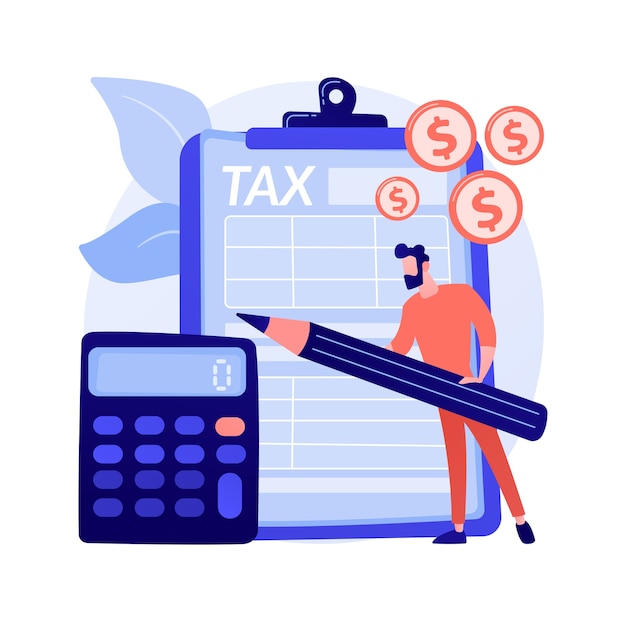
Excise taxes, or indirect taxes, are levied on manufacturers during product creation. The manufacturer eventually recovers this cost by incorporating it into the retail price, effectively passing the tax burden onto the customer. Alongside the price increase due to excise tax, consumers also have to cover regular sales tax. Some everyday examples of excise taxes are those on gasoline, alcohol, and cigarettes.
Notably, excise taxes are different from sales taxes in multiple ways: the tax amount itself is generally higher, often up to 50% of the sale price; it targets a specific selection of products; and, rather than being a percentage, it’s usually a set figure like a particular number of cents per gallon.
Excise taxes have different purposes, one of which is to discourage the consumption of certain products. These are often termed as “sin taxes,” as is the case with alcohol. Another goal is to heighten public awareness by using the tax proceeds to promote educational campaigns. For example, some of the tobacco excise tax is used to fund public campaigns discouraging smoking and highlighting its potential health risks.
Opponents of excise taxes view them as unnecessary because they augment the tax load on consumers when combined with other taxes like sales tax. Furthermore, some see “sin taxes” as intrusive, believing individuals should have the freedom to choose their behaviors without having to pay additional government charges in the form of an excise tax.
For more information, visit Wikipedia.


